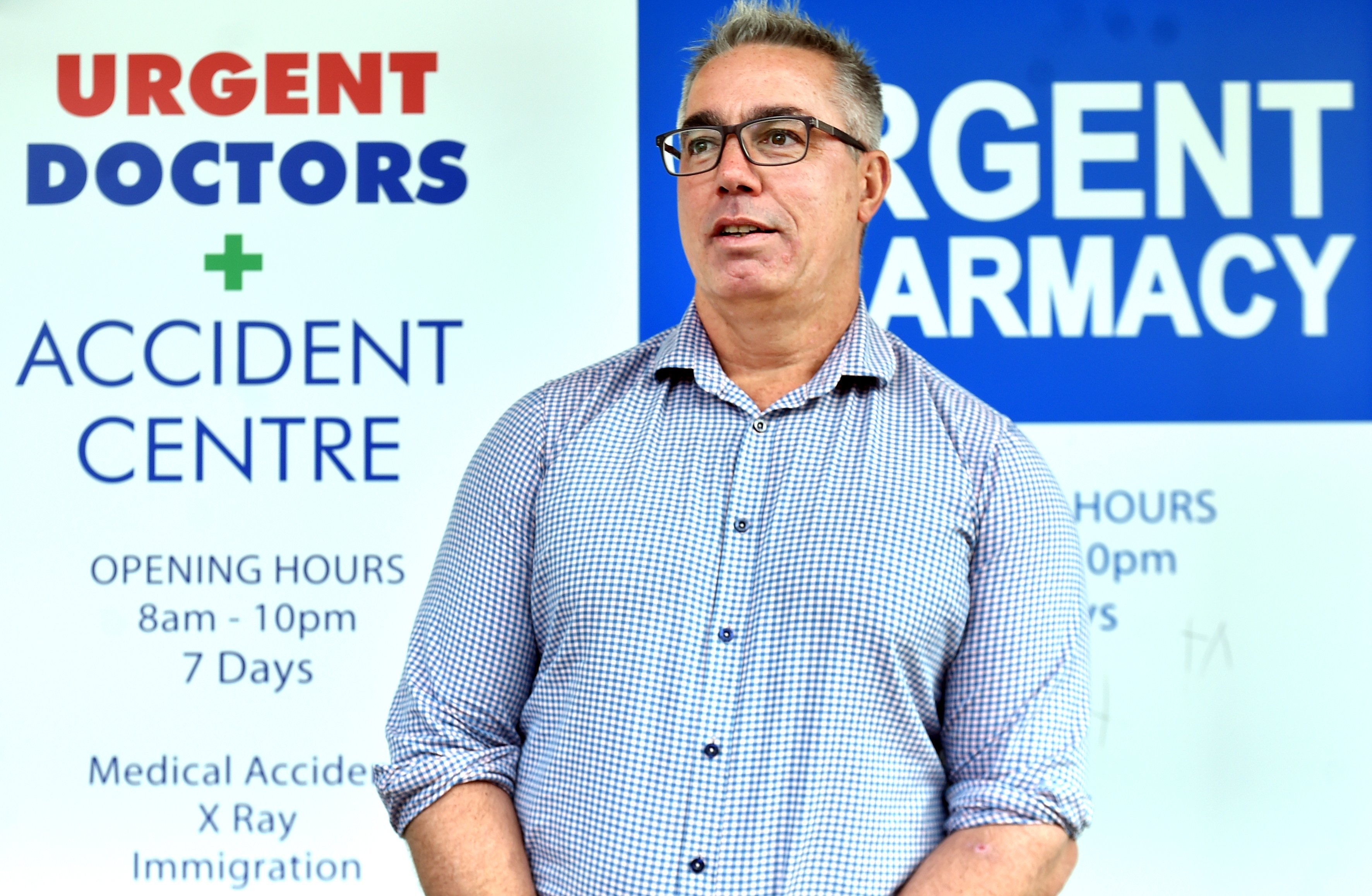
WellSouth, a Health New Zealand Te Whatu Ora-funded primary care network for Otago and Southland, announced yesterday it had bought a 50% stake in Dunedin After Hours Doctors Ltd (DAHDL), which operates the Dunedin Urgent Doctors and Accident Centre, in Filleul St.
DAHDL board chairman Keith Cooper said the board and management were excited to advance their partnership with WellSouth.
The centre was no different to many other practices, in that the funding model "isn’t really working", Mr Cooper said.
GPs were working long hours which put pressure on them and caused backlogs in the community, and the centre would have had to pass all its costs on to patients in order to be sustainable.
The after-hours component of the business was being manned by GPs who had already worked a full day, having to then work another half day at sub-market rates, he said.
Partnering with WellSouth was the longer-term solution, which could bring in different skillsets and expertise and help to develop a wider range of services to increase revenue.
"We're a big part of the urgent health landscape in the Dunedin area and I think everyone recognised that we needed to be supported, otherwise the community at large would be left stranded."
Had WellSouth not come into the picture, the centre would have had to make changes which would have inevitably lessened its services, he said.
If urgent doctors were not around, the emergency department of the hospital "wouldn’t be able to cope with what would transpire".
"If we weren't operating, even during the day or after GP hours, that would have just been an untenable burden on the hospital."
The end goal of the partnership was to ensure the centre delivered a high-quality service, paid its GPs a fair rate and ensured they were not overburdened with their day shifts going into a night shift, Mr Cooper said.
Dunedin Urgent Doctors and Accident Centre general manager Adam O’Byrne said the provision of after-hours services was a "massive issue" across New Zealand.
The previous financial year had seen an extra 5000 patients on top of a record year before that — with the growth continuing into this year.
Staff would work longer than they were meant to more nights than not, with some finishing at 11.30pm or midnight.
"Most of them have got to get up and go to work the next day, so that sort of workload is pretty unsustainable.
"We've got to really address that . . . we need the workforce, we need the funding, we need the revenue streams and we need expertise behind it, which is what WellSouth can deliver."
WellSouth chief executive Andrew Swanson-Dobbs said in a statement the Filleul St centre was an "important and well-used general practice" and the after-hours service was always full.
Work over the next 12 to 24 months would involve looking at establishing a kaiawhina patient engagement role at the practice, clear protocols so staff could leave on time after evening shifts, reviewing fees, and ongoing training and development, he said.
WellSouth had also supported the continuity of after-hours services in Invercargill, Queenstown Lakes and Wanaka.










